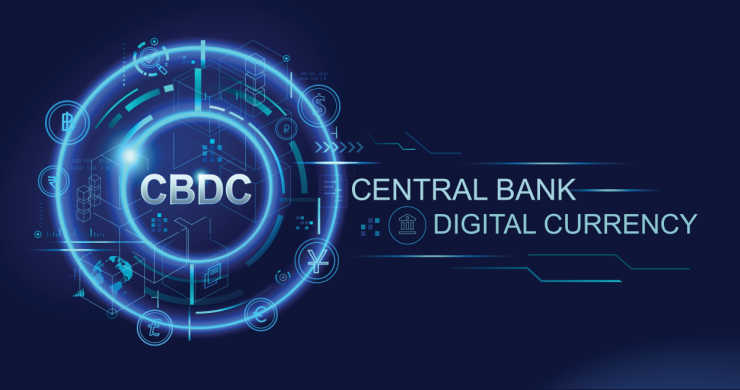When asked if they supported the idea of the government monitoring transactions via a Central Bank Digital Currency, 68% of Americans opposed it. The Cato Institute reports:
The survey investigated how Americans navigate potential costs and benefits associated with the United States adopting a central bank digital currency. Overwhelming majorities would oppose the adoption of a CBDC if it meant that the government could control what people spend their money on (74%), that the government could monitor their spending (68%), that a CBDC would abolish all U.S. cash (68%), that a CBDC would attract cyberattacks (65%), that the government could charge a tax on those who don’t spend money during recessions (64%), or that the government could freeze the digital bank accounts of political protesters (59%). Americans were marginally opposed (52%) if a CBDC could cause some people to stop using private banks, resulting in some banks going out of business.
Both Democrats and Republicans Fear Government Turning Off Their MoneyStrong majorities of Democrats (71%) and Republicans (82%) would oppose a CBDC if the government could control what people spend their money on and when. Majorities of Democrats (61%) and Republicans (82%) would also oppose a CBDC if the government could see what people buy with the digital currency. Notably, however, Democrats make a stronger distinction between the government monitoring what people buy (61% opposed) and the government having the ability to control it (71% opposed).
If you’re willing to fight for Main Street America, click here to sign up for the Richardcyoung.com free weekly email.





